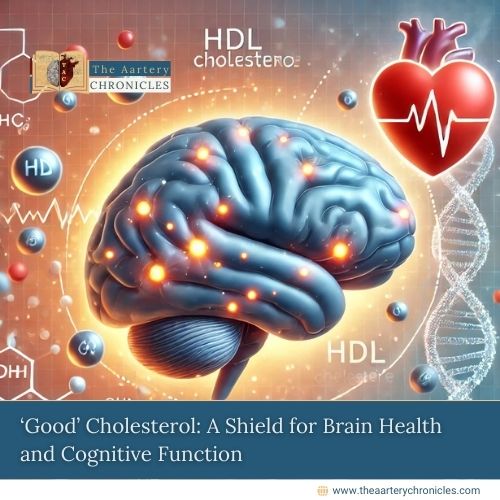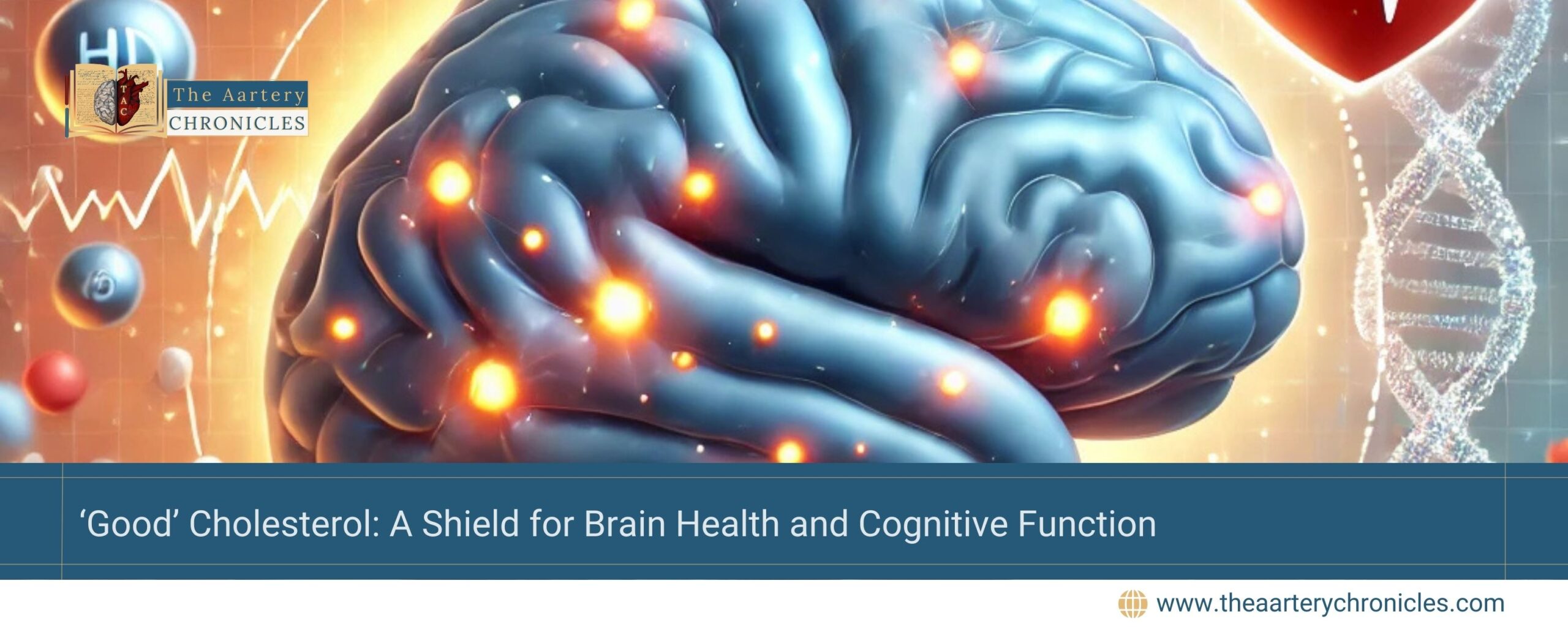

‘Good’ Cholesterol: A Shield for Brain Health and Cognitive Function
High-density lipoprotein (HDL), often referred to as “good” cholesterol, might play a pivotal role in protecting brain health as we age, according to researchers at UT Southwestern Medical Center. Their study, published in the Journal of Clinical Medicine, sheds light on how HDL influences brain structure and cognitive function, offering fresh insights for both clinicians and patients.
How Does HDL Cholesterol Impact Brain Health?
“Our research highlights a novel role of HDL cholesterol in preserving gray matter volume, which is crucial for cognitive function,” explains Dr John Giacona, Assistant Professor at UT Southwestern.
This groundbreaking study is the first to explore the connection between HDL function and brain volume, focusing on middle-aged adults.
To investigate this link, the team analyzed data from 1,826 participants, aged 35 to 70, enrolled in the Dallas Heart Study, a long-term, multiethnic research project.
- They measured fasting lipoprotein levels using nuclear magnetic resonance
- Assessed participants’ cognitive function alongside brain volume through magnetic resonance imaging (MRI).
Key Findings: Small HDL Particles Matter
The study revealed that higher concentrations of small HDL particles, rather than total HDL levels or larger particles, were associated with
- Greater gray matter volume and better
- Better cognitive performance
This discovery suggests that the size and function of HDL particles are more critical than their overall concentration.
“Previous studies on HDL cholesterol and brain health have shown mixed results,” notes Dr. Wanpen Vongpatanasin, senior author and Director of the Hypertension Section at UT Southwestern. “Our findings emphasise that HDL function, not just concentration, may play a key role in brain health.”
Why Small HDL Particles Are Unique
HDL cholesterol helps clear low-density lipoprotein (LDL), or “bad” cholesterol, from blood vessels, transporting it to the liver for breakdown. Interestingly, small HDL particles can cross the blood-brain barrier, potentially influencing brain health directly.
Dr. Vongpatanasin adds, “We need to delve deeper into how these small particles contribute to maintaining brain health and preventing cognitive decline.”
Implications for Future Research and Cognitive Health
The researchers suggest that HDL function or levels of small HDL particles could serve as markers for identifying individuals at risk of cognitive decline. However, further studies are needed to confirm these associations and explore therapeutic interventions.
“Our multidisciplinary approach at UT Southwestern, combining cardiology, neurology, and advanced imaging expertise, has been instrumental in uncovering this connection,” says Dr. Giacona.
A Collaborative Effort in Advancing Brain and Heart Health
This study reflects the collaborative spirit at UT Southwestern, with contributions from experts across cardiology, neurology, radiology, and biomedical engineering. Key contributors include Drs. Jijia Wang, Rong Zhang, Brendan Kelley, Ihab Hajjar, Binu Thomas, Fang Yu, and James de Lemos, among others.
The Donald W. Reynolds Foundation, the National Institutes of Health, and UT Southwestern’s O’Brien Kidney Center and Charles and Jane Pak Center for Mineral Metabolism and Clinical Research supported the research.
Looking Ahead
By highlighting the role of small HDL particles in brain health, this study opens doors to innovative strategies for preventing dementia and cognitive decline. As researchers continue to uncover the mechanisms behind HDL’s benefits, these findings could lead to breakthroughs in both heart and brain health
Source: Inputs from various media Sources
I’m a pharmacist with a strong background in health sciences. I hold a BSc from Delhi University and a pharmacy degree from PDM University. I write articles and daily health news while interviewing doctors to bring you the latest insights. In my free time, you’ll find me at the gym or lost in a sci-fi novel.









